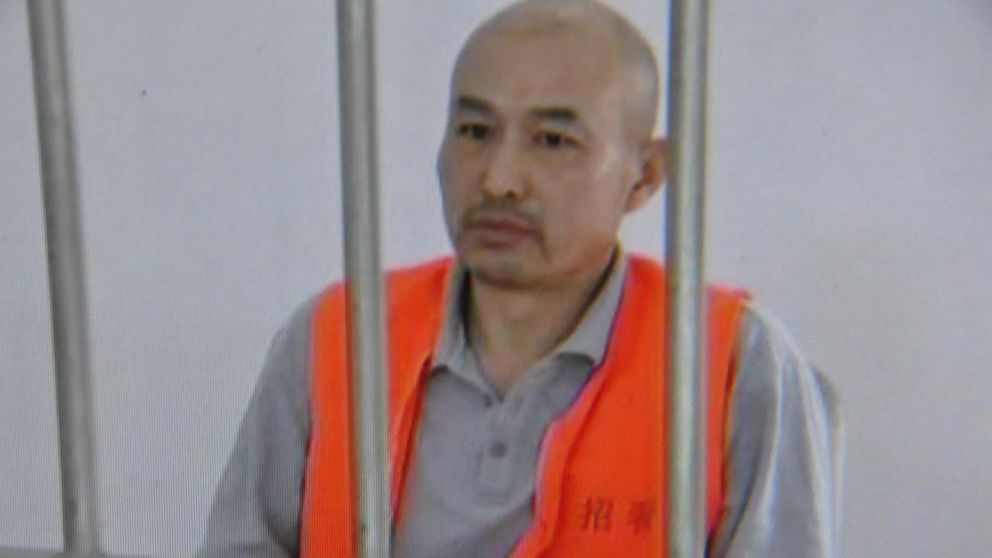McDonald's Murder Sparks Chinese Cult Crackdown
China is cracking down on churches not authorized by Communist Party.

BEIJING June 13, 2014 — -- In the wake of a brutal murder by members of a religious sect, the Chinese government is renewing its crackdown on cults.
State-run publications, such as the Xinhua News Agency, are producing a steady stream of articles alarming citizens to the dangers of religious cults, known in Chinese as “xiejiao,” which in English means “evil religions.”
Xinhua reports that the government has handed out four-year prison terms to 59 of the 1,500 cult members arrested since 2012. These 59 individuals were charged with “using religious organizations to disrupt the legal system.”
But human rights advocates and mainstream religious leaders in China see this latest anti-cult campaign as a reflection of the government’s broader fear of organized religion, especially groups it cannot control. Teng Biao, a defense lawyer and dissident, tells ABC News that the recent campaign is “inextricably connected with the repression against religions in general” because “religious belief is an assault on the government’s official atheist position.”
The killing that sparked this campaign was particularly violent and grabbed national attention. On May 28, six members of a religious sect entered a McDonald’s restaurant in Zhaoyuan on a recruiting mission. A young Chinese mother, Wu Shuoyan, was inside waiting for her 7-year-old son and husband to arrive. The group approached her, asking for her number. When she refused, members of the group beat her to death with fists, chairs, and a metal mop.
The religious sect calls itself “Church of Almighty God,” known in Chinese as “Quannengshen,” which translates as, “All-powerful Spirit.” It was banned by the government in 1995, but now is believed to have over a million members in China, with many from rural areas.
The group is well known for its unorthodox and inflammatory behaviors. Arrests started in 2012 after members of the sect organized outdoor prayer meetings and disseminated pamphlets asserting that joining the sect would save believers from the impending apocalypse on Dec. 21, the date many eschatological groups believe to be doomsday.
Some observers see the government’s new campaign as another round of efforts to counter unsanctioned belief groups. Cao Nanlai, associate professor at People’s University in Beijing, told The Los Angeles Times that, over the past five years, the crack down on unsanctioned sects was not very visible, but is now “a big issue and has become a top priority for government officials.”




